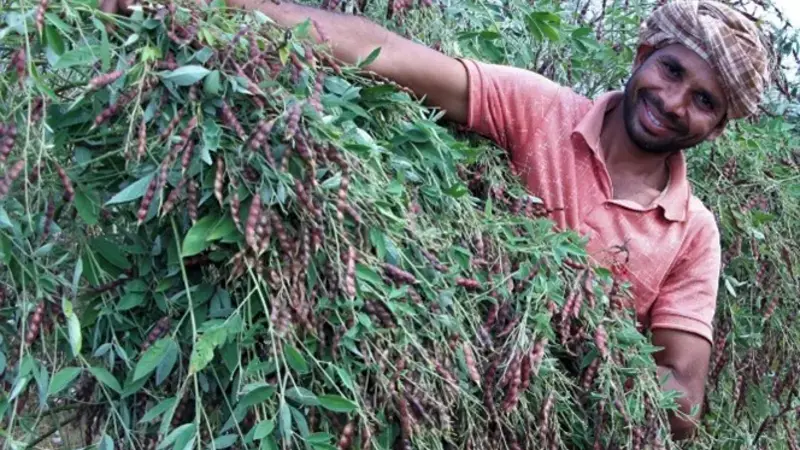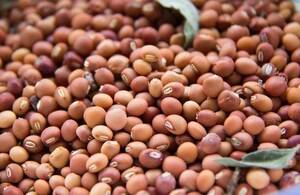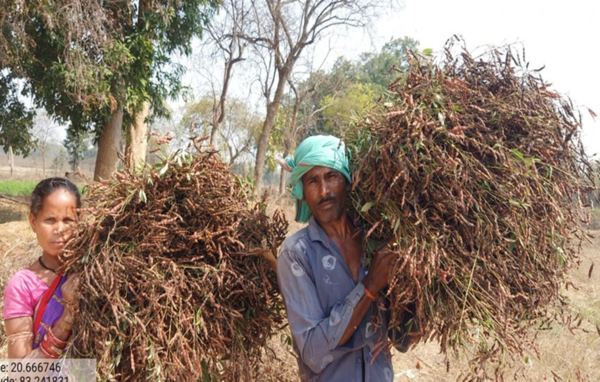ICARDA and Odisha Agriculture Partner to Revitalize Forgotten Crops and Boost Livelihoods


Growing pulses in India is crucial for bolstering food security due to their climate resilience, pest resistance, and vital role as a protein source for nutritional security. These pulses, integral to Indian culinary traditions like dal, highlight a deep cultural connection, emphasizing their importance in the nation's food culture. ICARDA’s Food Legume Research Platform in Amlaha has tirelessly worked for decades, providing improved germplasm of lentils, kabuli chickpeas, faba beans, and grass peas with enhanced iron and zinc content, promoting sustainable intensification of cereal-based cropping systems. Through years of effort, ICARDA has introduced 28 climate-smart, high-yielding pulse varieties in India, including 19 lentils and 14 kabuli chickpeas, tailored for cultivation across diverse agro-ecological zones.

Building on decades of successful pulses research, ICARDA and the Government of Odisha, represented through the Directorate of Agriculture & Food Production, signed a Memorandum of Agreement (MoA) on September 30, 2024, to implement the "Intensive Agriculture Program (Pulse Sector). This initiative aims to revive and intensify forgotten crops, focusing on promoting pigeon pea and field pea cultivation by introducing suitable varieties, strengthening community-level seed systems, and enhancing capacity-building and market linkages to boost production and increase farmers' income in the state.

